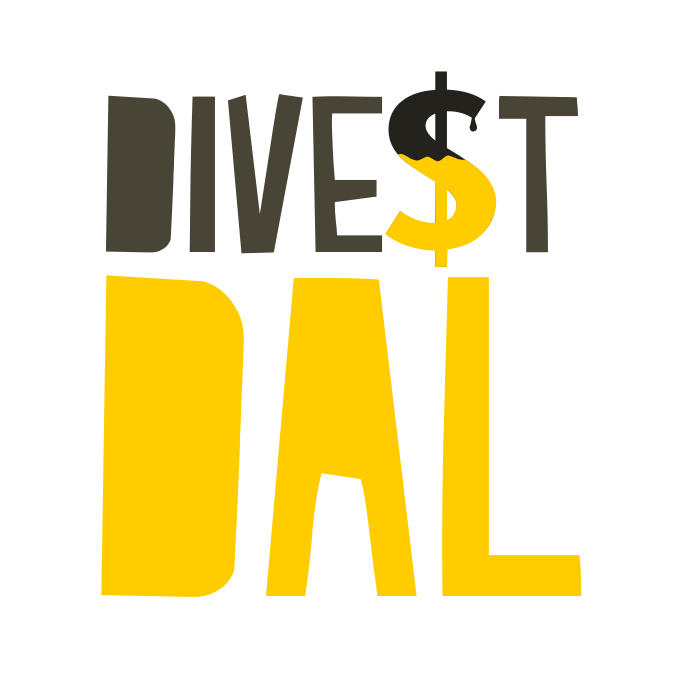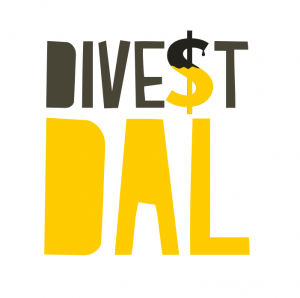
Activist group wants to remind BOG they aren’t going anywhere
Divest Dal launched its 100 Days of Action campaign on Aug. 18 and will end on Nov. 26, the day when Dalhousie’s Board of Governors will reveal whether or not the university will divest — withdraw its investments — from 35 fossil fuel companies.
The campaign is a response to university president Richard Florizone’s 100 Days of Listening, a consultation period held last year. During this period, students expressed concerns with Dal’s investments in fossil fuel companies.
“We’re taking those 100 days to do a form of action every day to remind the administration that this is something that has widespread support,” says Divest Dal organizer Evelien Vanderkloet. “To have that daily reminder that we’re not going anywhere. We’re going to keep pushing this until that decision’s made.”
Divest Dal will be hosting events like T-shirt screen printing, public talks and film screenings. The organization continues to collect signatures for its petition to pressure the university into divesting. Updates on Divest Dal’s activities are available on its Facebook and Twitter accounts.
Community and faculty members, such as environmentalist David Suzuki and physics and atmospheric science professor Thomas Duck, have endorsed Divest Dal.
Last September, the Dal Student Union (DSU) unanimously voted for Dal to divest from fossil fuel companies. DSU president Ramz Aziz said the DSU plans to explore divestment this year.
“This is a way for Dal to also become a leader in targeting climate change,” says Vanderkloet, “and that’s something a lot of students feel strongly about being a part of.”
Though divesting from these 35 companies could be financially harmful to Dal, Vanderkloet said that Divest Dal and other organizations say that investing in community projects and renewables is equally or more profitable.
“Oil, gas and fossil fuel are such short-term university investments,” says Vanderkloet. “But even if Dal isn’t the first [university to divest], it’s only a matter of time before universities in Canada start to do it, and Dal will follow suit.”
Dal’s Board of Governors’ investment committee will reveal on Nov. 26 if the university will divest its $20.3 million in fossil fuel companies.
“If it’s a ‘no’ — which, essentially, anything other than a ‘yes’ is a ‘no’, we’re going to continue with our campaign,” says Vanderkloet.
“And we’re going to continue to grow and we’re only going to get louder.”







